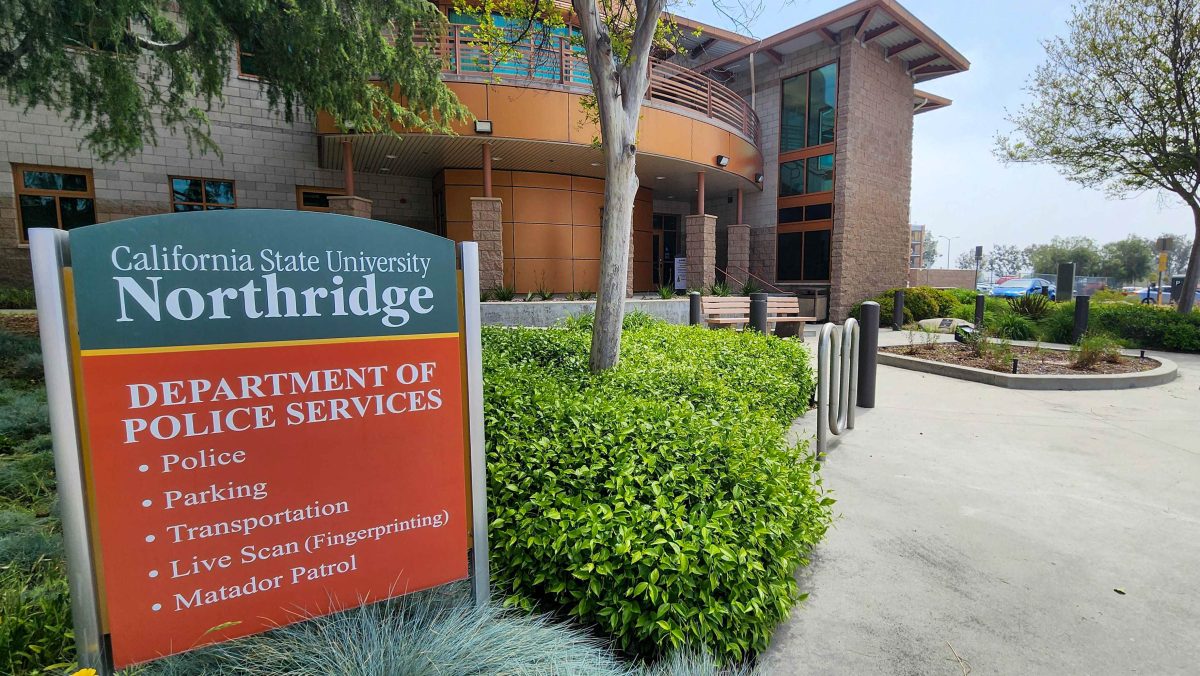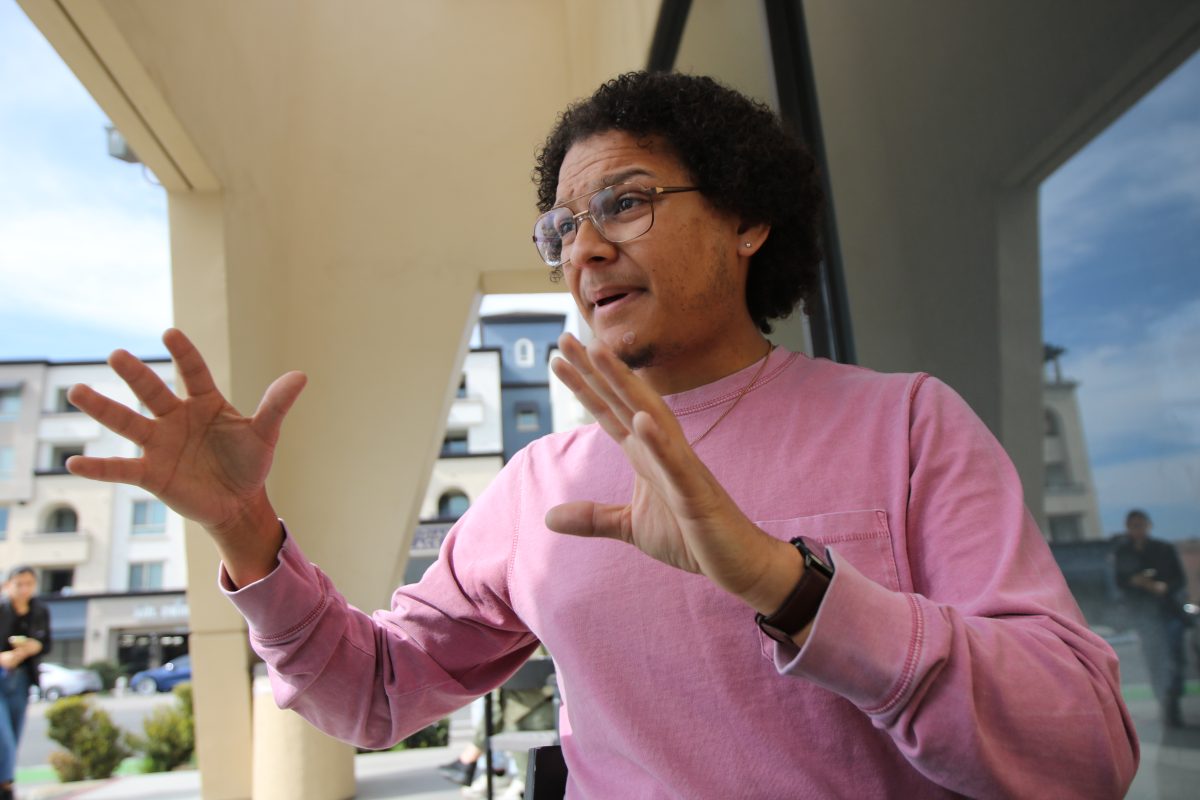
More and more young Jewish adults in America are putting off their church and marriage for later in life. Dr. Tobin Belzer of the University of Southern California’s Center for Religion & Civic Culture wanted to offer some perspective on this phenomenon, particularly for contemporary Jewish Americans, in her lecture Monday in Sierra Hall.
“The Jewish community has totally mastered engaging young Jews from pre-school through college,” Belzer said. “But some people leave college and say, ‘Oh, I’ll be Jewish or Catholic or Muslim again when I’m married.’”
Speaking to Dr. Amy Shevitz’s American Jewish Experience class at CSUN, Belzer said there is a rising proliferation of organizations that exists to bring those people who might miss the more traditional life arc back to their communities.
In the past, many religious people followed the traditional path of their parents by marrying young, joining a church, having children and thus the process starts all over again.
But the fast pace of the modern world shows young people putting this off for a variety of reasons. They are busy working on their careers and other priorities, or interests get in the way. They can find friends and community through outlets other than a church congregation, and it may just not seem as much of an obligation as in the past.
“Growing up, I went to (Catholic) church every weekend but when it was my decision at 13, I stopped going,” said Moses Alvarez, a 20-year-old communications major who attended the lecture. “I just don’t like the whole organized church thing, but I still pray and read the Bible.”
This may be a common theme for young people these days that don’t hold firm to the traditional roles prescribed to them by their church. Belzer said Jewish tradition and culture can let Jews be Jewish without necessarily believing in God or practicing their religion.
Belzer also said lots of times, Jewish organizations will have official meetings conducted in Hebrew and many young adults don’t speak it.
This language barrier can make even those who would like to be involved feel they exist on the periphery, so projects have emerged to re-engage those that feel left out, she added.
“We found, across religions, that the same things are attracting young adults (to these organizations): making them feel like their presence was valued. They are made to feel like active members and could take on ownership of leadership roles,” Belzer said.
It may surprise some people that young, secular adults spend their time on the internet pretty much the same as anybody else their age, and this sense of belonging they are finding elsewhere has some concerned about a growing disconnect between generations of religious people, Belzer said.
“Community is now manifested most strongly through social networks,” she said.
Another reason for the flight from the church may simply be the cost, Belzer added. Traditional synagogues have membership dues, usually on a sliding scale based on salary. It can be very expensive and there is some controversy over this high cost to belong, but it comes with a history.
“The assumption has always been that it is a community responsibility to pay for the community,” said Amy Shevitz, religious studies professor. “Before the modern period, Jews were not part of the mainstream cultures; they were isolated and had to take care of their own.”
But the multitude of organizations Belzer spoke of exist to relate specifically to young people and bring them back into the fold without a high price tag. These projects include JDub, a record label that promotes Jewish voices in popular culture and Challah for Hunger, a nation-wide initiative of 35 colleges and universities that organizes bake sales to raise money and awareness.
There are also 33 Moishe Houses around the world, a project similar to MTV’s “The Real World” without cameras, where young Jews live in a home with peers to create events and learning opportunities together.
Shevitz said anyone who is interested can join these organizations because they are about community as much as religion.
“So what if you aren’t Jewish, go out and do it,” Shevitz said.





